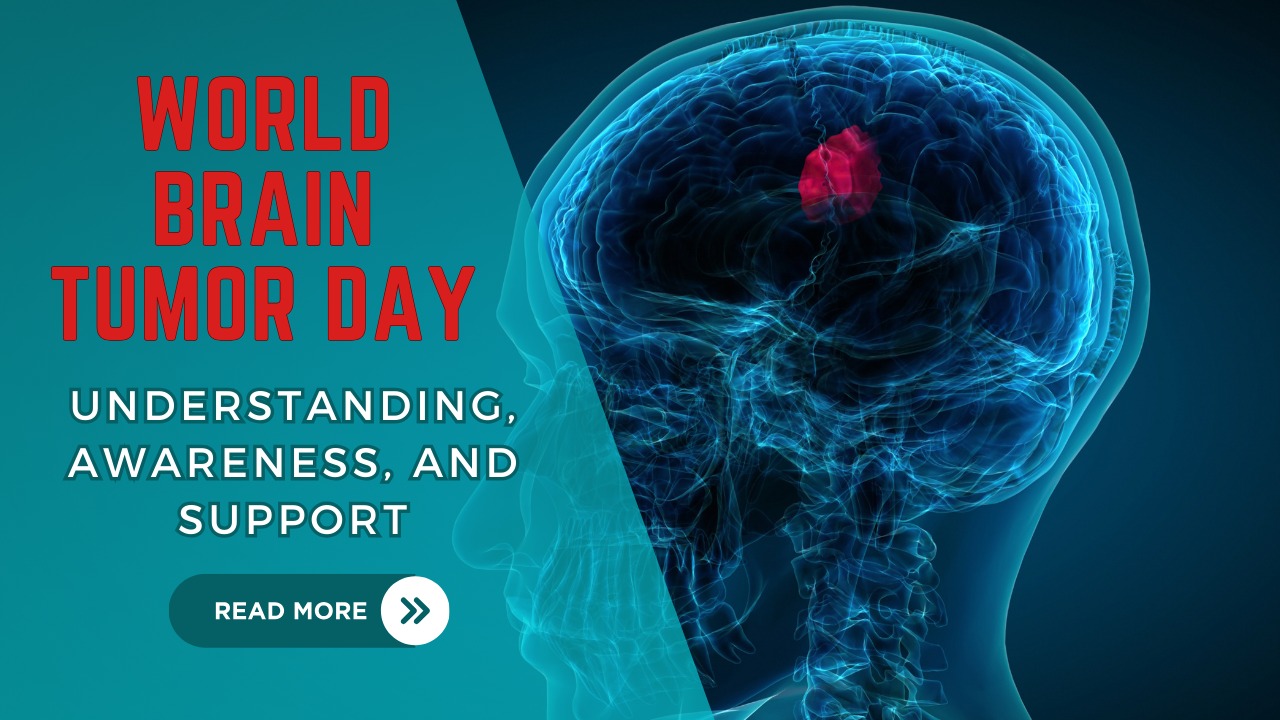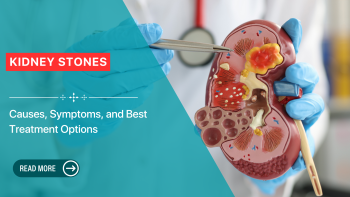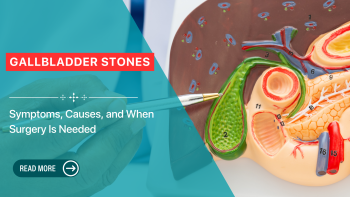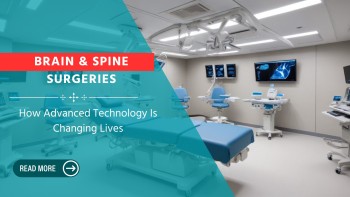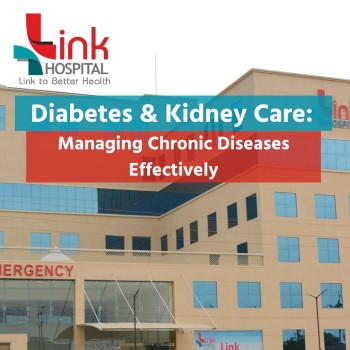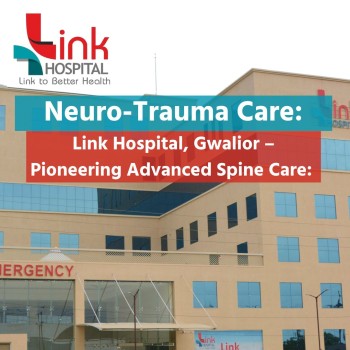World
Brain Tumor Day, observed annually on June 8th, is
dedicated to raising awareness about brain tumours and supporting those
affected by this challenging condition. Established by the German Brain Tumor
Association in 2000, this day emphasizes the importance of early detection,
treatment advancements, and continuous research. Link Hospital, a leader in
neurological care, plays a pivotal role in spreading awareness and providing
state-of-the-art treatment for brain tumours.
Understanding Brain Tumors
What is a Brain Tumor?
A brain tumour is an abnormal growth of
cells within the brain or central spinal canal. Tumours can be benign
(non-cancerous) or malignant (cancerous), and their effects on brain function
can vary significantly depending on their size, type, and location.
Types of Brain Tumors
Brain tumours are classified into two
main categories:
●
Primary Brain Tumors: These originate within
the brain itself. Examples include gliomas, meningiomas, and astrocytomas.
●
Secondary (Metastatic) Brain Tumors: These
tumours originate elsewhere in the body and spread to the brain. Common sources
include lung, breast, and skin cancers.
Causes and Risk Factors
Genetic Factors
Certain genetic conditions, such as
neurofibromatosis and Li-Fraumeni syndrome, can increase the risk of developing
brain tumors. Genetic mutations, inherited or acquired, play a crucial role in
the formation of these tumors.
Environmental Factors
Exposure to ionizing radiation,
particularly from previous cancer treatments, has been linked to a higher risk
of brain tumors. Additionally, long-term exposure to certain chemicals and
electromagnetic fields is being studied as potential risk factors.
Age and Gender
Brain tumors can occur at any age but are
more common in children and older adults. Some types of brain tumors are more
prevalent in men, while others are more common in women.
Symptoms of Brain Tumors
Common Symptoms
The symptoms of brain tumors can vary
widely depending on the tumor's size, location, and growth rate. Common
symptoms include:
●
Headaches: Often more severe in the morning
and may worsen with activity.
●
Seizures: New onset or changes in existing
seizure patterns.
●
Nausea and Vomiting: Frequently occurring
without a clear cause.
●
Vision Problems: Blurred vision, double
vision, or loss of peripheral vision.
●
Cognitive Changes: Memory loss, confusion, or
personality changes.
● Motor Function Issues: Weakness or numbness in the limbs, difficulty with balance or coordination.
Specific Symptoms
Certain tumors may cause specific
symptoms based on their location:
●
Frontal Lobe Tumors: Changes in behavior,
impaired judgment, and difficulty with motor skills.
●
Temporal Lobe Tumors: Speech difficulties,
memory problems, and seizures.
●
Occipital Lobe Tumors: Visual disturbances and
hallucinations.
●
Parietal Lobe Tumors: Issues with spatial
awareness and sensory perception.
Diagnosis and Treatment
Diagnostic Techniques
Early diagnosis is crucial for effective
treatment. Common diagnostic techniques include:
●
MRI and CT Scans: Provide detailed images of
the brain to identify the presence and size of tumors.
●
Biopsy: A sample of the tumor tissue is
examined to determine the type and grade of the tumor.
●
PET Scans: Assess metabolic activity and help
distinguish between benign and malignant tumors.
Treatment Options
Treatment plans are tailored to each
patient's specific needs and may include:
●
Surgery: Removal of the tumor, when possible,
is often the first line of treatment.
●
Radiation Therapy: Targets and destroys tumor
cells with high-energy rays.
●
Chemotherapy: Uses drugs to kill cancer cells
or stop their growth.
●
Targeted Therapy: Focuses on specific
molecules involved in tumor growth.
●
Immunotherapy: Boosts the body's immune system
to fight the tumor.
Raising Awareness and
Support: Link Hospital’s Initiatives
Community Outreach and
Education
Link Hospital is committed to raising
awareness about brain tumors through various initiatives:
●
Educational Workshops: Hosting seminars and
workshops to educate the public about brain tumor symptoms, diagnosis, and
treatment options.
●
Awareness Campaigns: Utilizing social media
and local events to spread information about brain tumors and the importance of
early detection.
Support for Patients and
Families
Link Hospital provides comprehensive
support for patients and their families:
●
Support Groups: Facilitating support groups
where patients and families can share experiences and receive emotional
support.
●
Counselling Services: Offering psychological
support to help patients and families cope with the challenges of a brain
tumour diagnosis.
●
Patient Navigation Programs: Assisting
patients in navigating the healthcare system and accessing necessary resources.
Conclusion
World Brain Tumor Day is a reminder of
the importance of awareness, early detection, and continuous research in the
fight against brain tumours. Link Hospital remains at the forefront of this
battle, providing exceptional care and support to those affected. By
understanding the causes, symptoms, and treatment options, and by supporting
awareness initiatives, we can work together to improve outcomes for brain tumor
patients worldwide.
As the Best multispeciality hospital in Gwalior, Link Hospital is dedicated to
offering top-notch medical care and innovative treatments for a wide range of
health conditions, including brain tumours. Our Advanced facilities and team of
expert neurologists, neurosurgeons, and oncology specialists ensure that every
patient receives comprehensive and personalized care.
Link Hospital’s commitment to excellence
is reflected in our advanced diagnostic tools, cutting-edge treatment options,
and holistic support services. We are proud to be a leader in healthcare,
continuously striving to improve patient outcomes and enhance the quality of
life for our community.
For those seeking world-class medical care, Link Hospital in Gwalior stands as a beacon of hope and healing. Join us in our mission to fight brain tumours and support World Brain Tumor Day by spreading awareness and advocating for early detection and effective treatment. Your health and well-being are our top priorities, and we are here to support you every step of the way.
